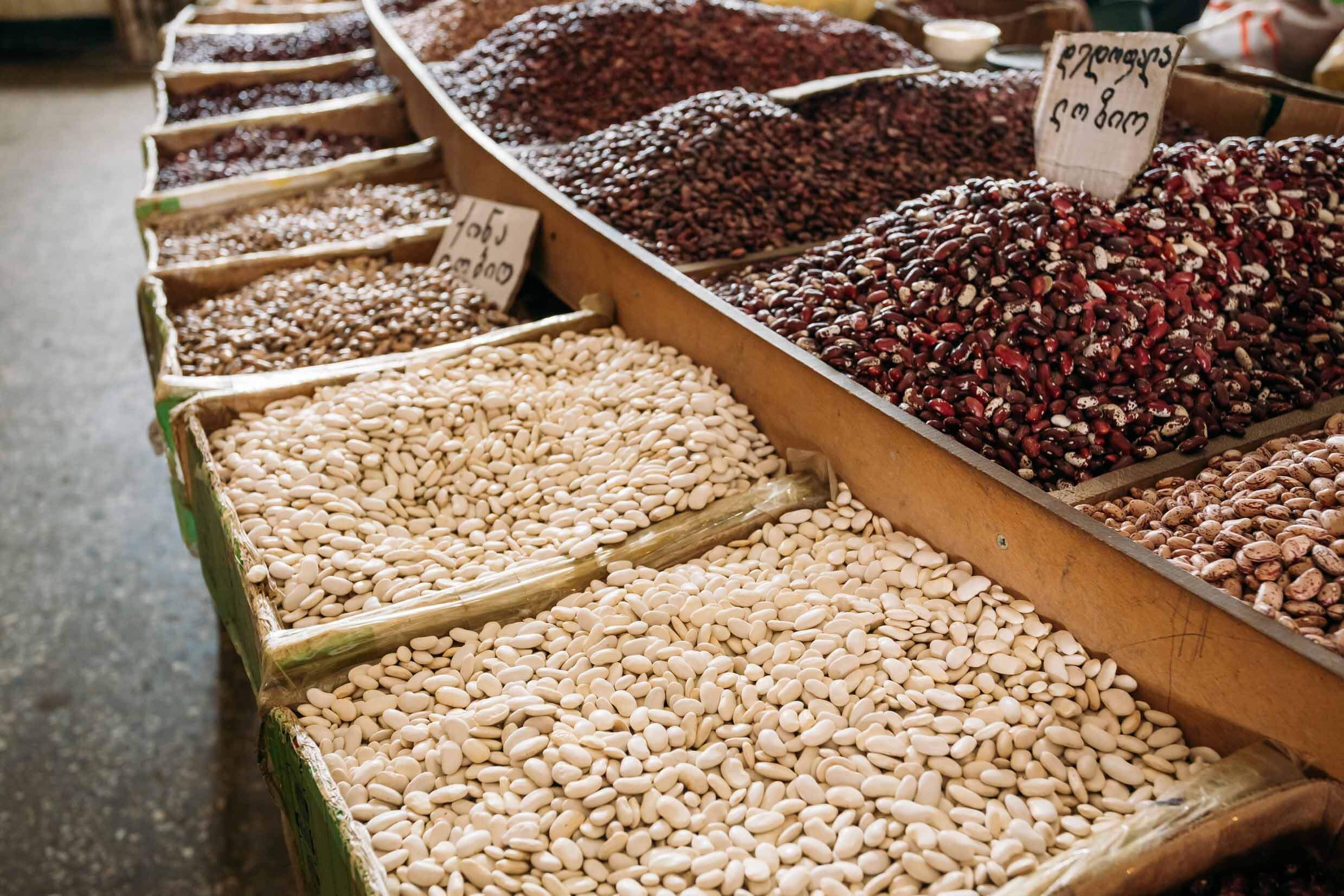Global
EN

Food Security & the Impact of Covid 19
Jul 06, 2020 | HUNGER
In March 2020 this year, as lockdowns were announced in various coutries across the world, fear gripped people in ways they hadn’t experienced before. Whilst this has had serious repercussions across every industry, the food industry has been at the forefront of this crisis. In people’s minds, the thought of no access to adequate food and essentials created chaos across economies. The grocery stores were at war – long queues with customers ‘panic buying’ looking to hoard essentials, long life food items, basic necessities was jarring. Long life milk, tinned food, pasta ascended to gold stature in the food chain.
Governments were promising no one would go hungry but inadequate local production, disrupted the supply chain. With the demand & supply of food in imbalance, hoarding of long life food items meant food banks were struggling – which a lot of families depend on, to ensure they have adequate food to feed their families. The poor and underprivileged across the best of economies faced the amplifying wrath of food security.
There is no doubt that Food Security has been greatly impacted by COVID-19. Interestingly, at the 1974 World Food Conference, the term “food security” was defined with an emphasis on supply. The thinking was – food security is the “availability at all times of adequate, nourishing, diverse, balanced and moderate world food supplies of basic foodstuffs to sustain a steady expansion of food consumption and to offset fluctuations in production and prices”. Later definitions added demand and access issues to the definition. The final report of the 1996 World Food Summit states that food security “exists when all people, at all times, have physical and economic access to sufficient, safe and nutritious food to meet their dietary needs and food preferences for an active and healthy life.”
But, technicalities aside, shouldn’t access to nourishing food be a basic right and yet despite global hunger levels falling, one in nine people worldwide still face hunger. Add to this, most of the 10 hungriest nations are in a single continent – in Africa. This has some very severe economic implications on food security and when you add Covid-19 into the mix, it becomes all the more profound.
Solutions to these problems are far and varied – the digitization of agriculture, improved water supply, better infrastructure, self-reliance on local produce, soil testing, secure supply chain support, crop insurance across poor countries etc. The World Bank is sponsoring 25 plus projects across the poorest countries to help overcome the food security crisis and put sustainable practices in place that create long term solutions.
Sustainable agricultural practices and self-sustenance to overcome food security needs to be a community wide effort. In Malawi for instance, Agricentre works with the rural communities to improve crop yield, educate farmers on new technologies and build resilience against climate change. We have a long way to go before we are able to see any semblance of success, but every long journey starts with a single step. Reach out to us if you are interested in working with organisations making a difference, at grass-roots level. As I mentioned, this is a community effort that can help turn the tide.
About the author(s)

Yasho Gupta
Sources +
- Trade Reforms and Food Security: Conceptualizing the Linkages. FAO, UN. 2003.
- Raj Patel (20 Nov 2013). “Raj Patel: ‘Food sovereignty’ is next big idea”. Financial Times.
- Food and Agriculture Organization (November 1996). “Rome Declaration on Food Security and World Food Summit Plan of Action”.
 Go back
Go back

